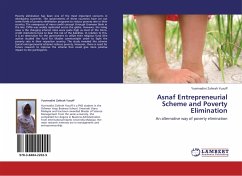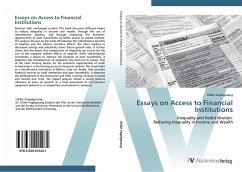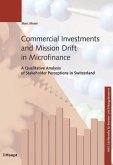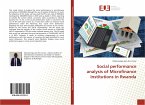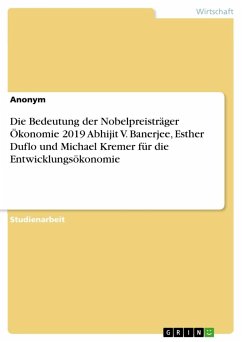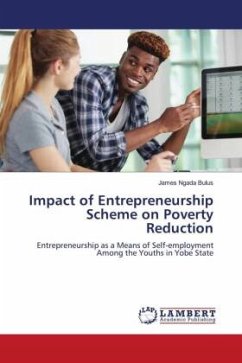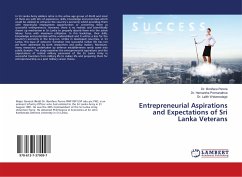Poverty elimination has been one of the most important concerns in developing countries. The governments of these countries have set out some forms of poverty elimination programs to reduce poverty rate in their country. The emergence of micro-credit concept through Grameen Bank in the late 1970s was widely replicated across the globe. However, the rising issue is the charging interest rates were quite high as most of the micro-credit institutions have to bear the risk of the liabilities. In relation to this, it is an alternative for the government to utilize their religious fund (the author studied the fund for Muslim community)in order to fight the poverty rate in their respective country. The study revealed the scheme (asnaf entrepreneurial scheme) reduces poverty. However, there is need for future research to improve the scheme that could give more positive impact to the participants.

